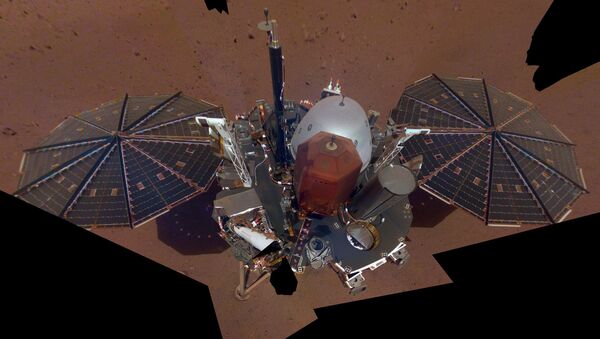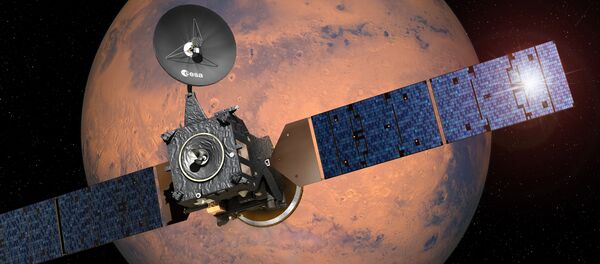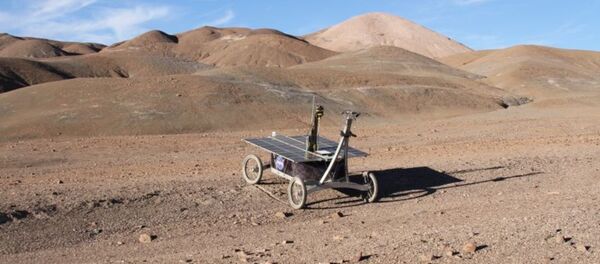The instrument, which is nicknamed "the mole," is part of the Heat Flow and Physical Properties Package (HP3) that's installed on the InSight lander. The probe is designed to dig a little more than 16 feet under the Martian ground in an effort to measure heat escaping from the Red Planet's interior.
— NASA InSight (@NASAInSight) February 28, 2019
Over the weekend, the mole managed to dig to a depth between 18 and 50 centimeters, before suddenly hitting its first rocky barrier. Although it was able to move past the object, it eventually found itself between a rock and a hard place after encountering a second stone.
That second obstacle prevented the probe from advancing any further. This was the case despite the probe continuing to hammer the area for a period of four hours.
"The mole is healthy and performed a round of hammering on the weekend. It has, thus far, continued to work against some resistance without clear evidence for progress," Tilman Spohn, HP3's principal investigator from DLR, the German space agency, wrote in a mission logbook on Tuesday.
"The team has therefore decided to pause the hammering for about two weeks to allow the situation to be analyzed more closely and jointly come up with strategies for overcoming the obstacle."
"A lot to do and still a lot of excellent science to be expected from HP3 and from InSight! Planetary exploration is not as easy as pie!" he added. In addition to the probe encountering some early setbacks, Spohn noted that the first encounter forced the instrument to divert from its vertical path. It's currently situated at a 15-degree tilt.
In Monday's log, Spohn spoke on the research team's outlook for the mission, writing, "We are a bit worried as we hit one or two obstacles so soon already, but tend to be optimistic."
The lander is presently located in the Martian region known as Elysium Planitia, a flat terrain researchers chose for its "soft and sandy" environment, according to Phys.org.
According to a DLR statement, tests conducted at NASA's Jet Propulsion Laboratory revealed that the mole could in fact push past difficult stones as it worked its way toward the Martian interior, but that it would be "very time-consuming."
Only time will tell when the mole will get to its desired depth.
The Mars InSight lander first touched down on the distant planet on November 26, 2018. The $850 million NASA project aims to map out Mars' interior in order to better understand how it formed and evolved.



